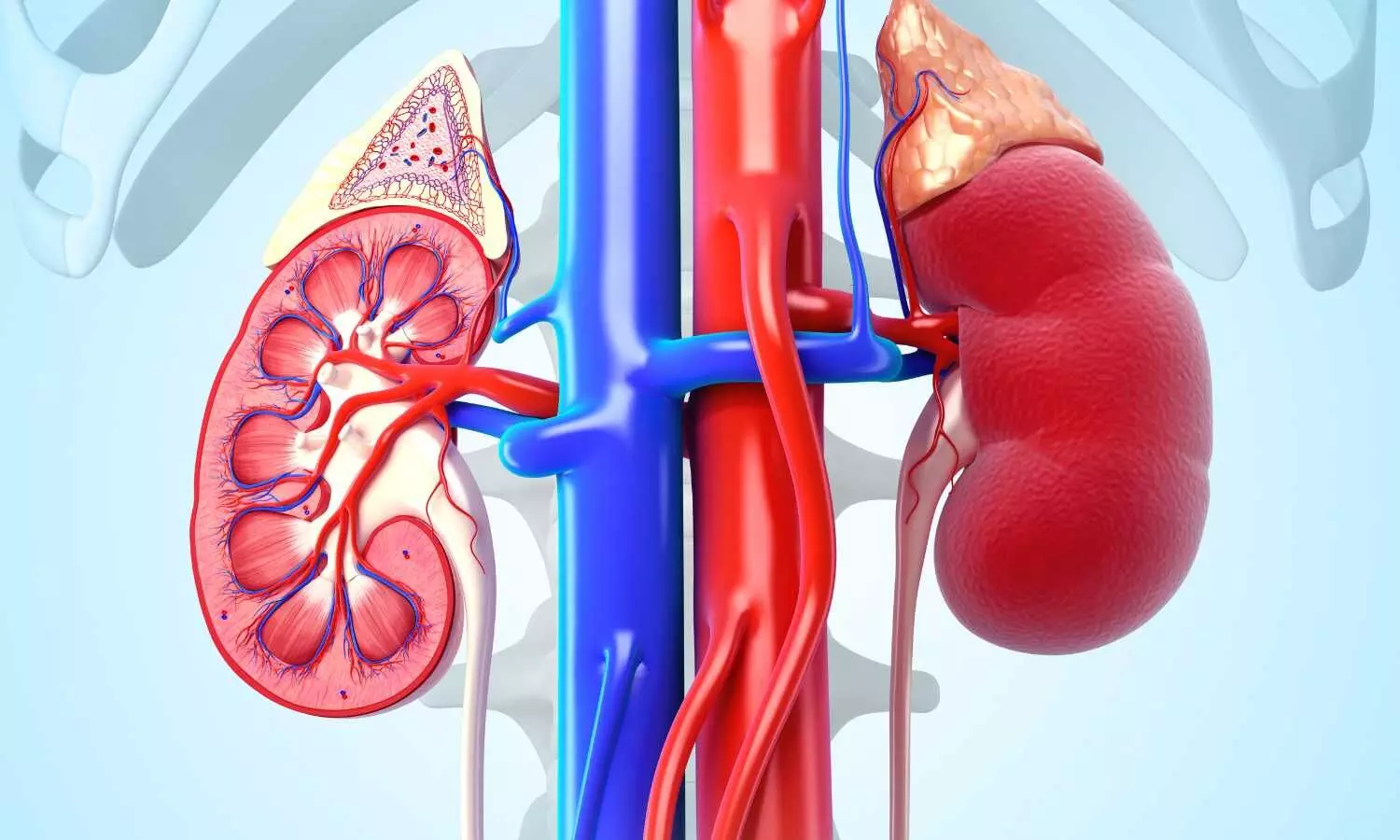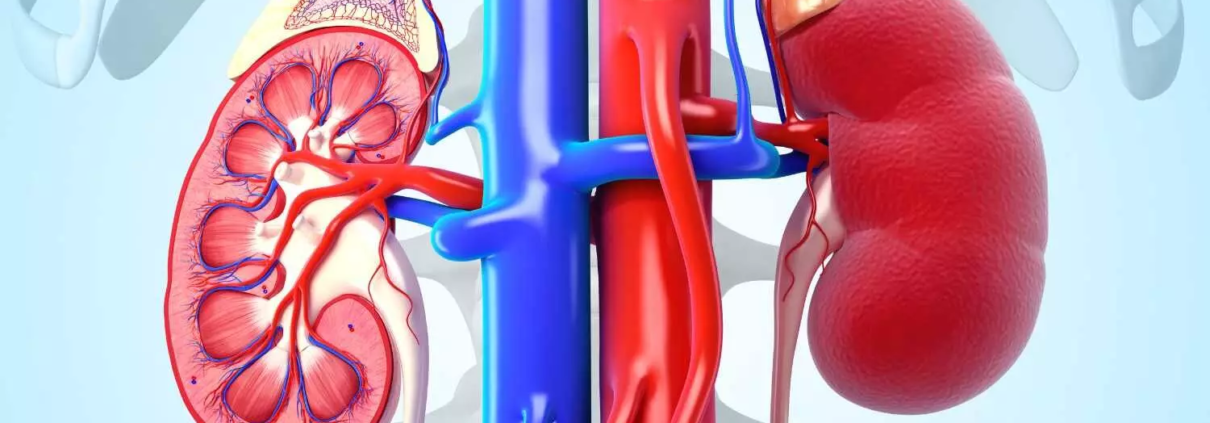HCQ Shows Promise in Reducing Proteinuria in Primary Glomerular Diseases: Study

A new study published in BMC Nephrology found that hydroxychloroquine (HCQ) therapy demonstrated a trend toward reducing proteinuria in patients with primary glomerular diseases. Importantly, HCQ did not significantly impact estimated glomerular filtration rate (eGFR), indicating preserved kidney function during treatment. The study also highlighted HCQ’s favorable safety profile, making it a promising adjunct therapy in managing proteinuria in these patients.
Proteinuria is a key marker of kidney damage in glomerular diseases and is linked to progression to chronic kidney failure. Conventional treatments often involve immunosuppressants with variable efficacy and potential adverse effects. The potential role of HCQ, traditionally used in autoimmune conditions, offers an alternative pathway targeting inflammatory and immunological mechanisms involved in glomerular injury.
While the reduction in proteinuria was a trend rather than statistically definitive, the findings encourage further clinical trials to clarify HCQ’s efficacy and long-term impact on kidney outcomes. The favorable safety observed in this study supports continued exploration of HCQ as a low-risk therapeutic option in nephrology.



